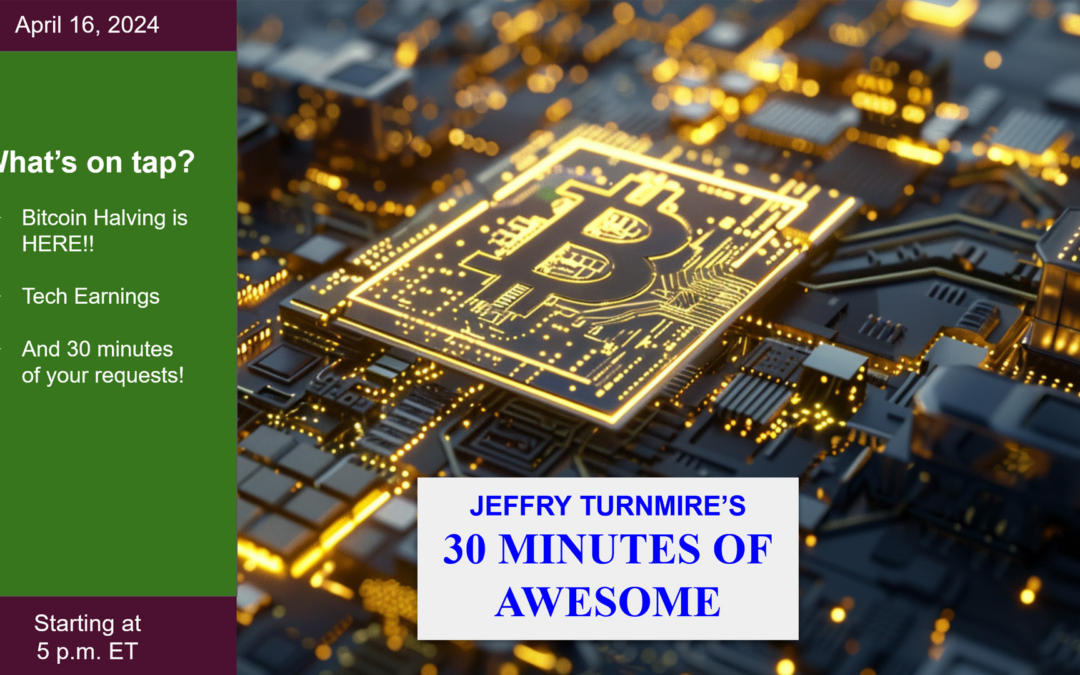Nearly everyone takes money for granted.
We spend a decade-plus learning ways to help us earn it. We sacrifice most of our waking hours in activities designed to get some in our bank accounts. And much of the rest of our time we think about how best to spend it. And my entire career is built around trying to make it make more of it.
It’s the denominator to almost everything we do.
Yet, despite money touching almost every moment throughout our lives, few really understand money.
They assume they know. When pressed, some spout off a list of attributes like store of value, medium of exchange, and unit of account.
But those attributes result from money. They are emergent properties. They are the effect that money creates, not the cause. It’s moneyness, not money.
To find the cause of money, you need to look deeper.
You must identify the most basic need that money addresses.
Only then will you truly grasp the fundamental is-ness of money…
Agent of Liquidity
At some point in history, economic growth hit resistance.
The increased demand for trade that resulted from labor specialization and concentrated populations created more choice than any one person could manage through barter. Knowing what your donkey is worth is easy when can only choose between wheat and honey. But alongside other donkeys, a few hundred camels, innumerable spices, leathers, and barrels of salted cod, you quickly arrive at Wit’s End.
Instead of three denominations to consider — wheat per donkey, honey per donkey, and wheat per honey — you now have thousands of relationships to map. Along the way, the costs of gathering complete information about a larger marketplace exceeded the benefits of exchanging your goods for something else.
Trade could not scale in the face of this information overload. Larger populations needed a way to lower the cost of gathering information about the marketplace. To get more value out of the goods they produced, they had to reduce friction by finding a way to make transactions more fluid. They needed to make information liquid through a common denominator to price all goods.
And whatever that denominator is, people must trust it. That denominator is money. And money IS trust.
With trust, more people hold it. When more people hold it, they tend to use it. This is how money becomes a medium of exchange. The more it is exchanged, the more stable it becomes allowing it to store value like a boat finds its level on water. Once most people think in terms of money, then money becomes — by default — a unit of account, driving more people to hold it.
The question for the marketplace then becomes determining what combination of properties nurture trust.
And over the last few thousand years, we figured out how to manufacture trust.
Engineering Trust
You’ve probably heard this before, but good money has five properties:
- Durability,
- Divisibility,
- Portability,
- Scarcity,
- Uniformity.
Durability means it lasts. Gold doesn’t interact with other elements. It doesn’t tarnish. And all the gold ever mined on earth is still around as gold (unless we shot it into space). So, gold is durable.
Bank balances are durable too. At least so long as databases have a power source and are secure from cyber-attacks.
And Bitcoin is durable provided the network continues to run and stave off 51% attacks. Plus, I’ve heard that you could run Bitcoin over a Ham radio network, though I would guess that really slow down transaction times. But rather than calling Bitcoin durable, they call it immutable.
Divisibility means you don’t have to butcher your donkey to buy 5 different things. And while gold isn’t as divisible as dollar bills or Bitcoin (though there are some really cool efforts to divide it), tokenizing gold on the blockchain makes gold every bit as divisible.
Just like gold needs technology to make it divisible, it needs technology to make it portable too. Whether through a trusted network of Knights Templars, gold merchants, or blockchain, the only way to really roll with gold in your pocket is to leave the actual gold somewhere secure and pass around receipts.
Oh yeah…fiat currency and bank balances are portable too — but not as portable as crypto (as the Russkies now know all too well).
Both gold and Bitcoin possess scarcity in spades. There’s nothing magic about 21 million Bitcoin or the total amount of gold on Earth. It’s just that the supply of either can’t be arbitrarily increased. How much we have available to us at any point in time can be determined with mathematical certainty.
Sorry dollar, but you lose big time on the scarcity score.
Finally, they all check the box on uniformity. Gold is gold, no matter the source. All Bitcoin addresses adhere to the same information format. And all dollars rely on the same promises made by the Federal Reserve.
But with Bitcoin checking all these boxes, the properties of money have yet to emerge from it.
With an emphasis on yet..
The Great Decentering
Only 1 in 10 Americans own any amount of crypto. The concentration could be even less globally. And without a lot of people holding it, there’s less opportunity to use it.
Without a broad base of transactions to float Bitcoin’s price stability boat on a sea of liquidity, Bitcoin’s exchange rate vis-à-vis everything else fluctuates wildly. Plus, all the attention it receives makes it soar and dive from price to price like a speculative plaything. And, for the time being, that’s what most people think Bitcoin is.
But speculative plaything is not what Bitcoin is. Bitcoin possesses all the fundamental properties that people expect from their money. It may not be money yet, but there’s an excellent chance it will be.
And the more desperately authoritarians in the U.S., Europe, Russia, China — heck, everywhere — wield what power they have left, the more valuable Bitcoin’s properties become. And, before you know it, you’ll be tallying prices in Bitcoin by default.
The reason to own Bitcoin today is not because of what it acts like today, but because of what it is.
Bitcoin is trust. Trust is money. Bitcoin is money.
In time, it will act like it.
Bitcoin as money will soon be upon us. It’s ushering in the Great Decentering that will disperse political and economic power from top-heavy nation states and the lobbying corporations in league with them to smaller units of governance, values, and value creation.
Bitcoin is a poison pill for an overreaching state. As Bitcoin’s moneyness emerges from the trust it creates, it will underthrow counterproductive hierarchy. It and all that it inspired will allow a new order to emerge.
And to help you prepare for the Great Decentering, I’m launching a new service to help you navigate the historic transition from centralized power to decentralized prosperity.
I’ll let you know when the service is ready, so keep an eye out for that. Or join us over in Telegram. That way you’ll be sure not miss it.



